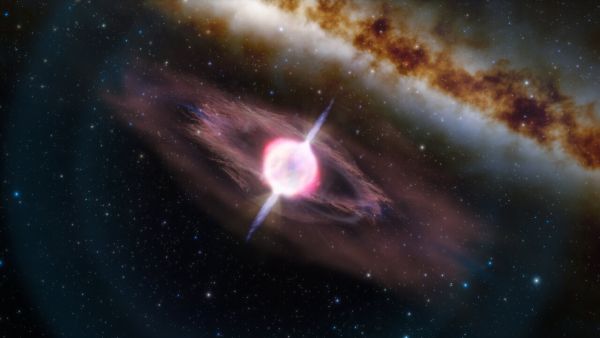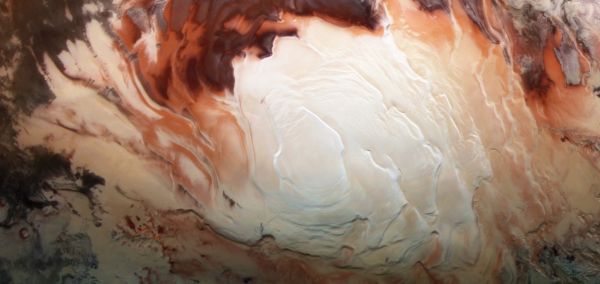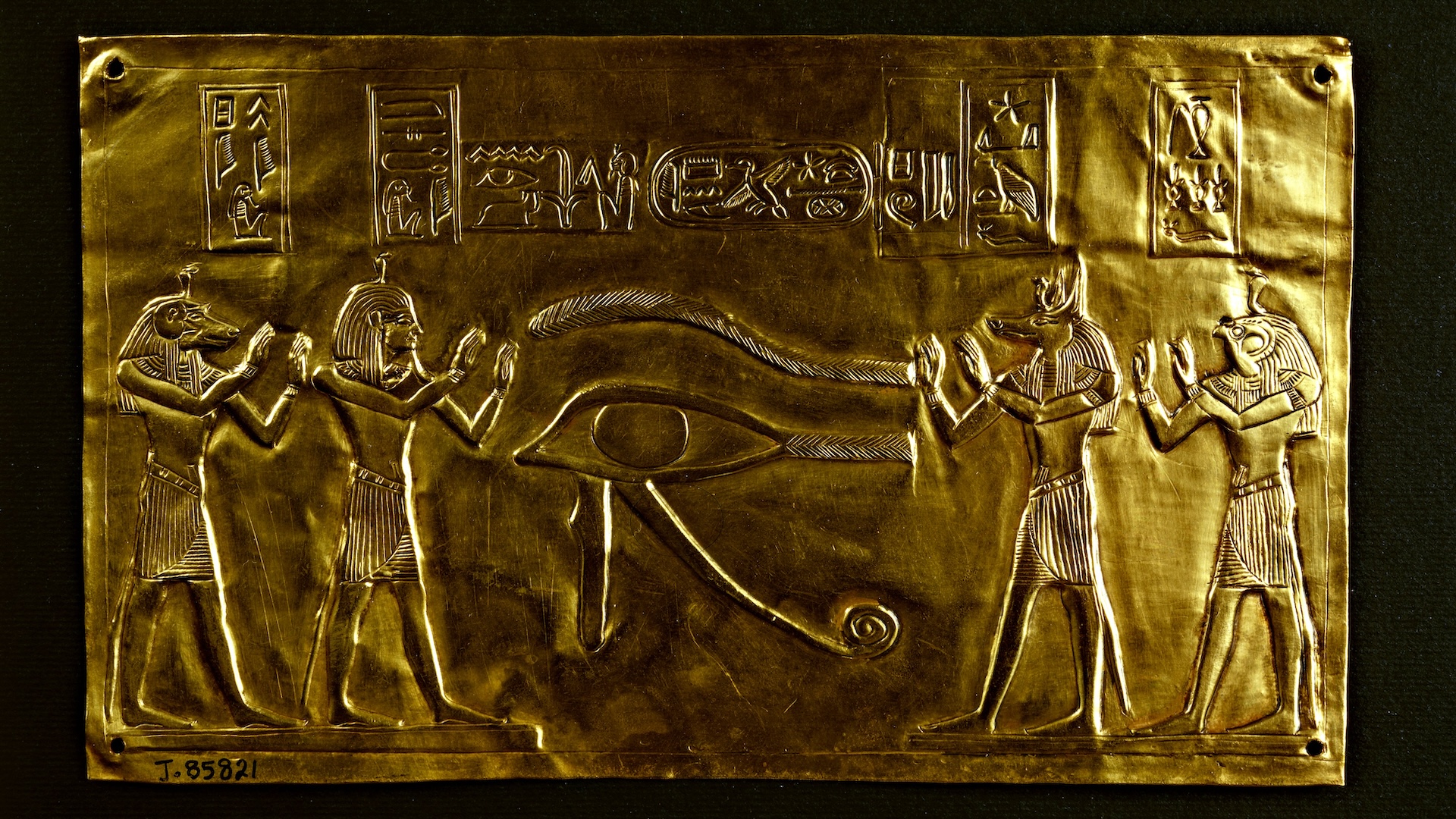
Charles Q. Choi
Latest articles by Charles Q. Choi

Why do soft drinks go flat?
By Charles Q. Choi last updated
Ever take a sip of a flat soda? Here's the chemistry behind it.

Why does soda fizz?
By Charles Q. Choi last updated
Soda's effervescence comes from processes that super-saturate the liquid with carbon dioxide, which later escapes from the soft drink as tiny, effervescent bubbles.

Why do we shiver when we're cold?
By Charles Q. Choi last updated
If the surface of your skin gets too chilly, the brain sets into motion a series of warming tricks such as shivering.
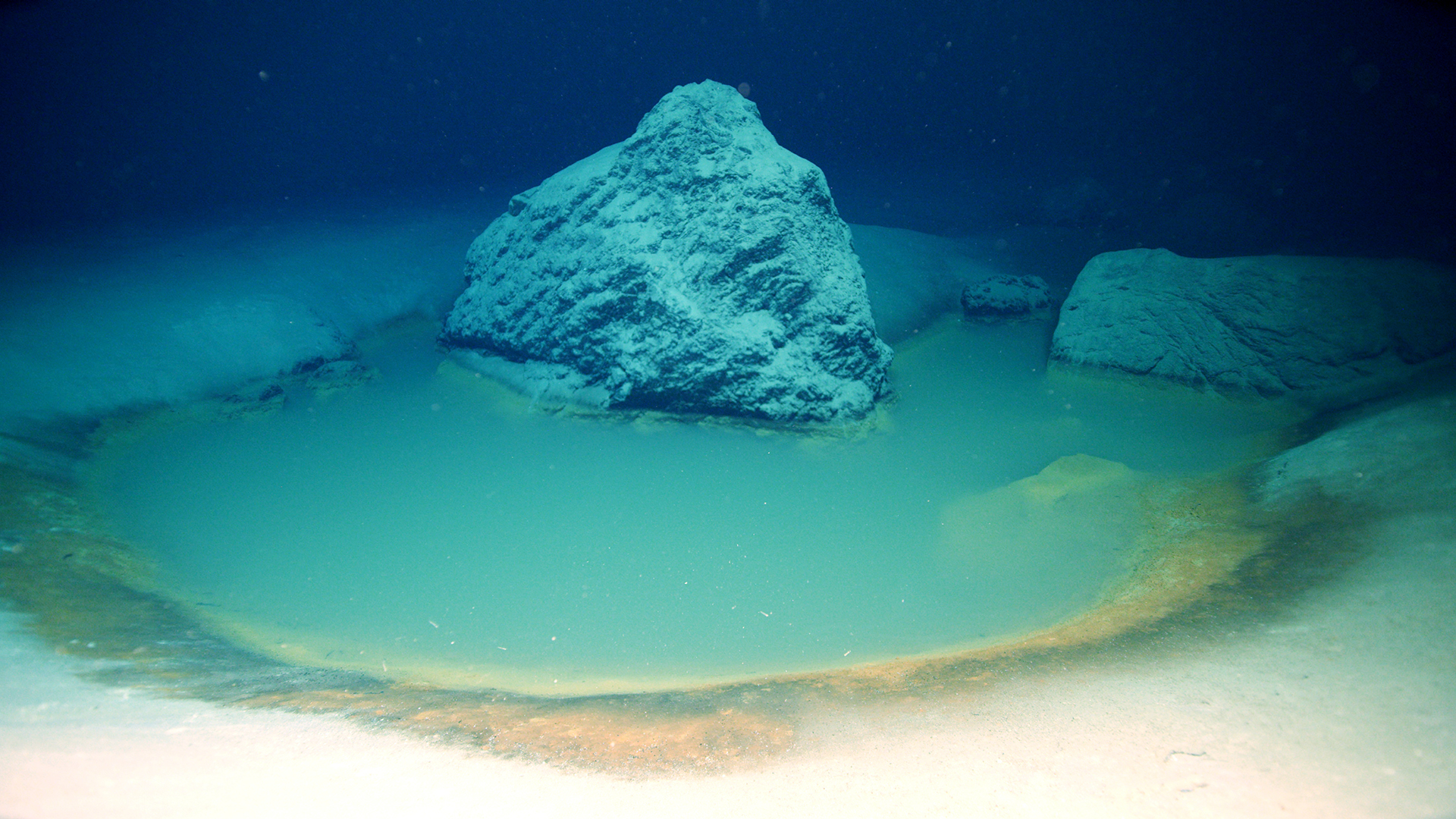
'Unlucky' creatures that enter rare Red Sea brine pools are immediately stunned to death
By Charles Q. Choi published
Scientists recently discovered rare brine pools — dense, salty depressions — at the bottom of the Red Sea, where microbes thrive under extreme conditions.
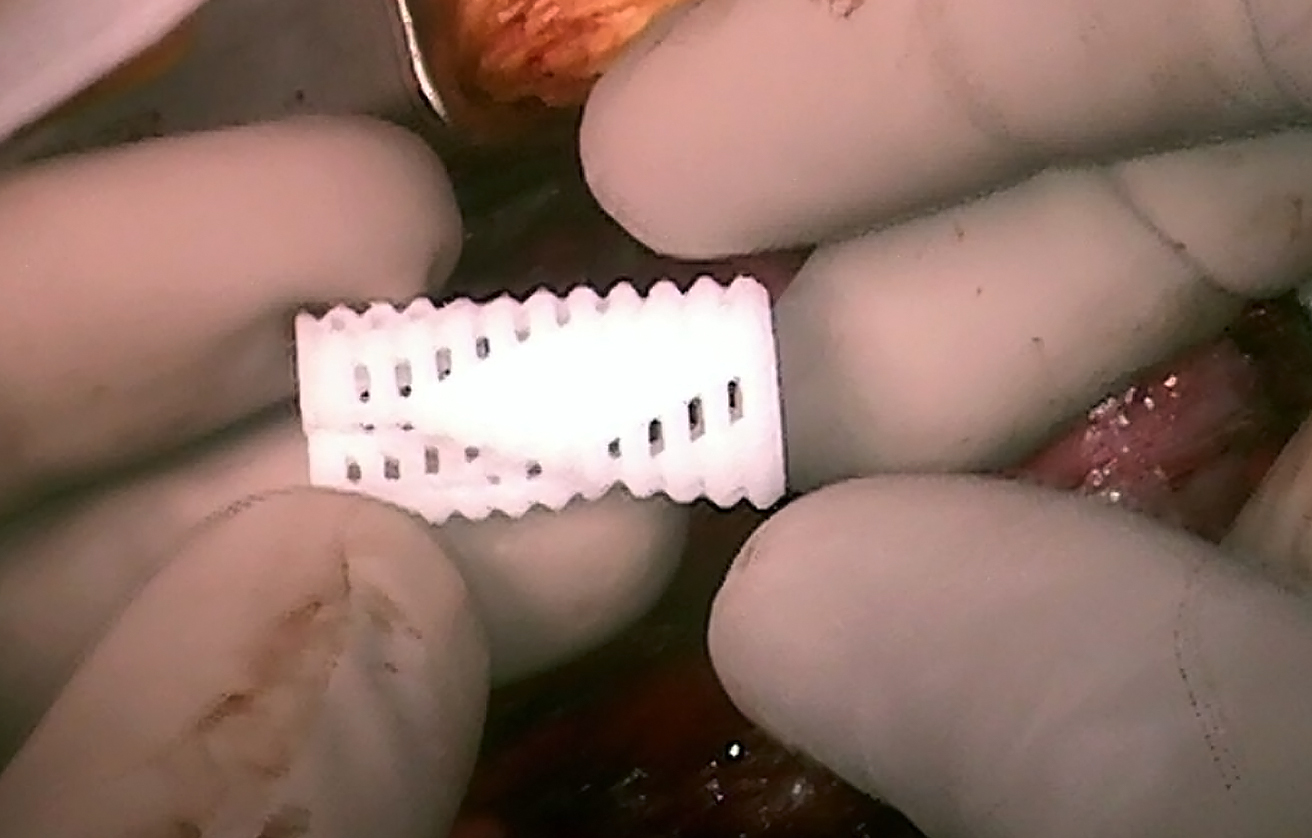
4D Implant Saves Babies with Breathing Problems
By Charles Q. Choi last updated
A new "4D" medical device has saved the lives of three baby boys with life-threatening breathing problems, researchers say.
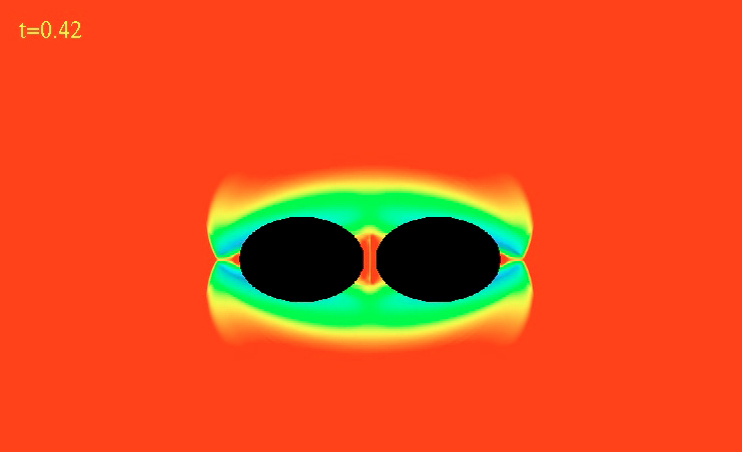
Mini Black Holes Easier To Make Than Thought
By Charles Q. Choi last updated
Even if the mini monsters were created, they'd be destroyed before gobbling anything up.
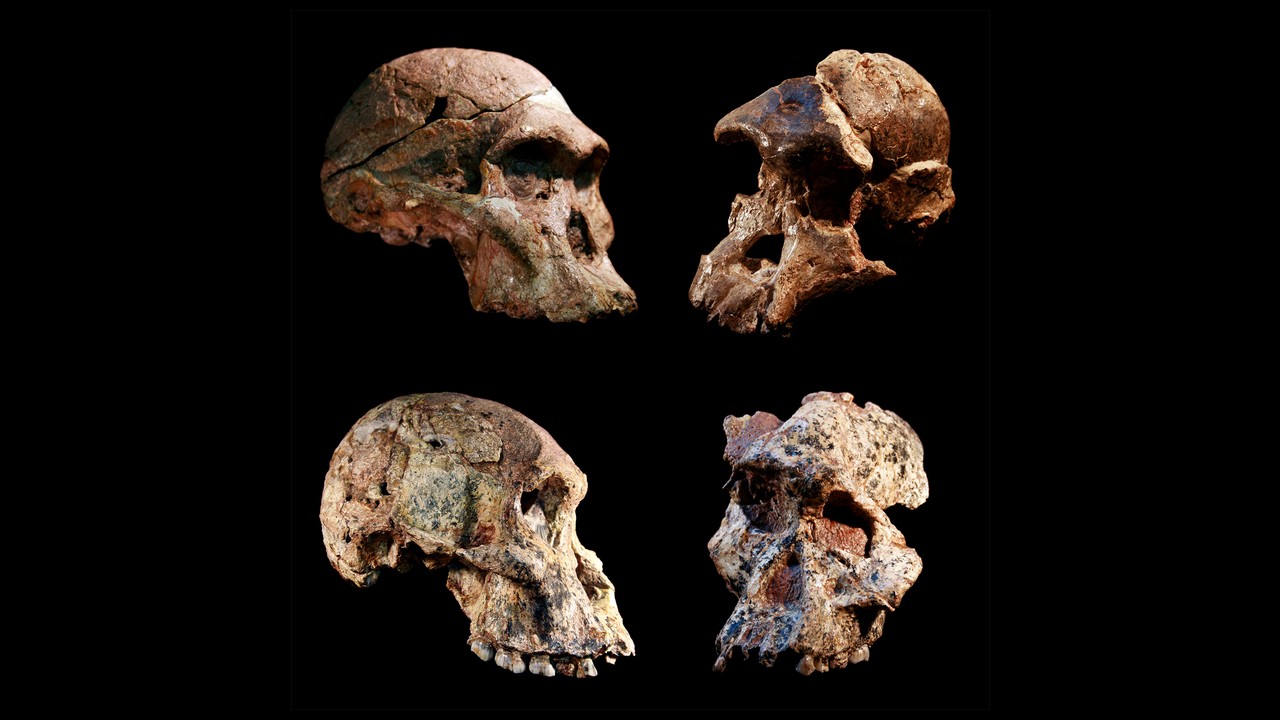
South African fossils may rewrite history of human evolution
By Charles Q. Choi published
Fossils found at the Sterkfontein Caves in South Africa may be much older than previously thought.
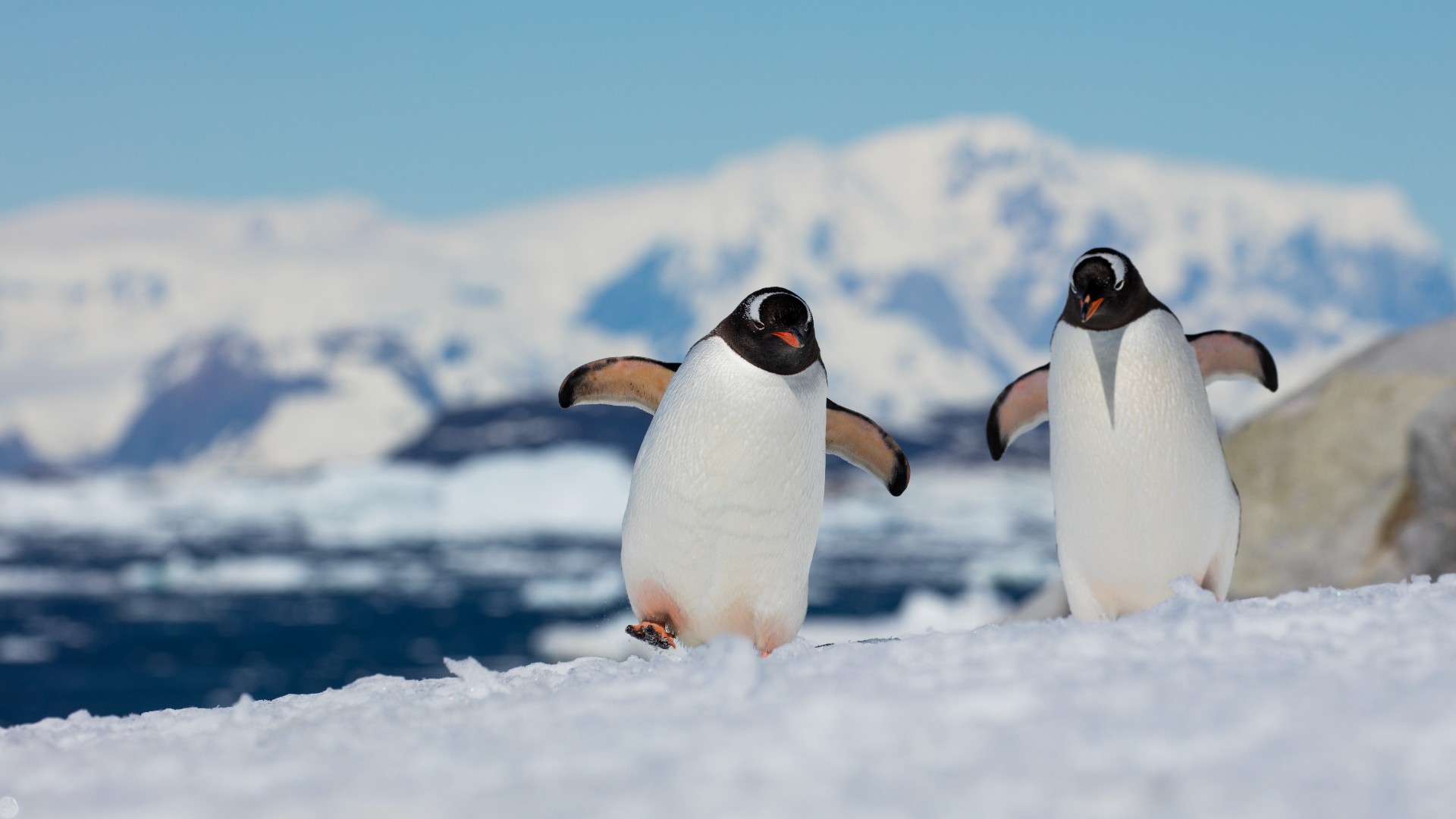
Which is colder: The North or South Pole?
By Charles Q. Choi published
Both of Earth's poles are cold, but which has more ice and wins the prize for "coldest" pole?

Why do parrots live so long?
By Charles Q. Choi published
Scientists may have untangled the mystery as to why parrots have such long lifespans.
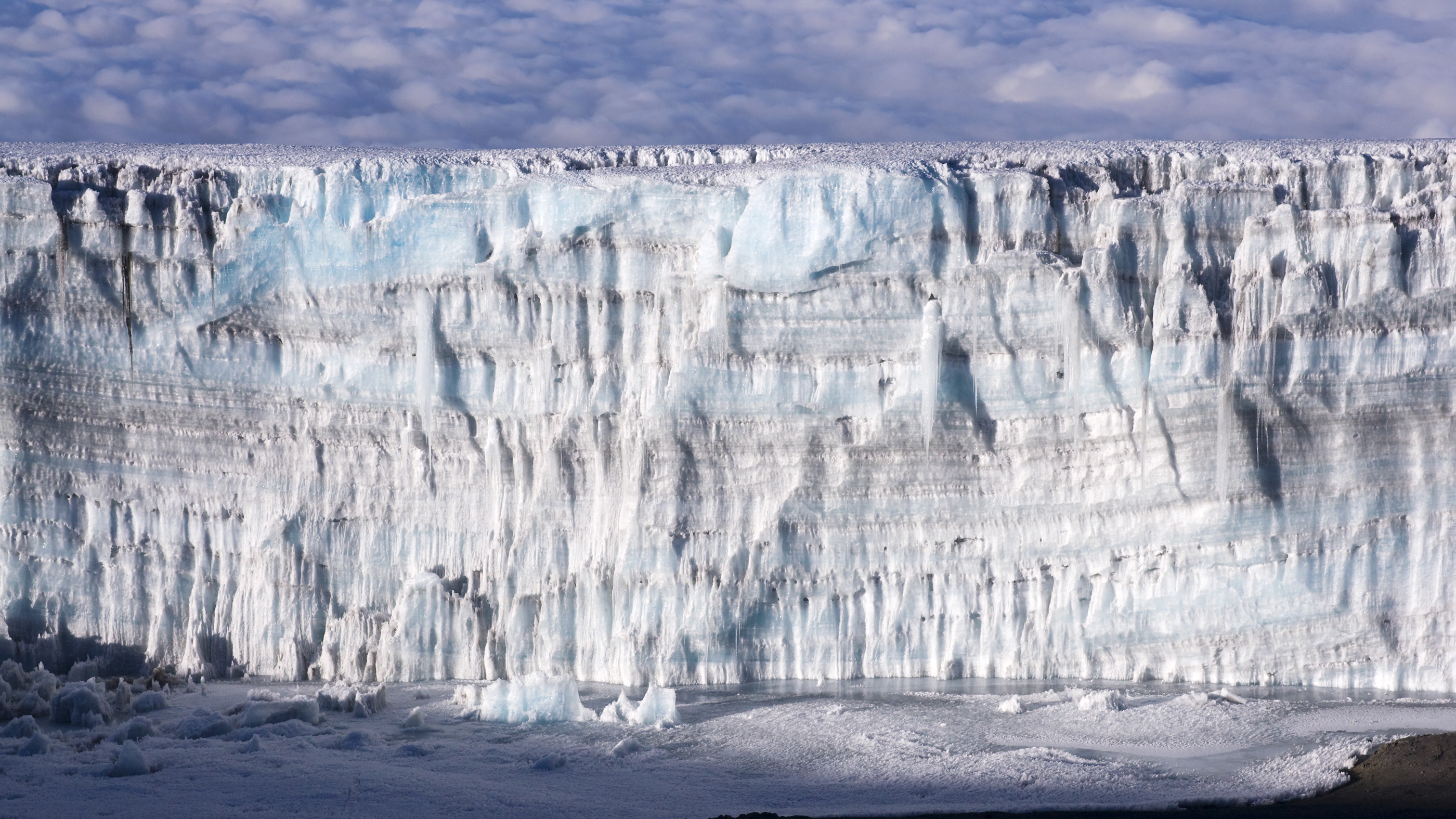
Massive ice wall may have blocked passage for first Americans
By Charles Q. Choi published
The first people who migrated to the Americas from Asia may have had to take a circuitous coastal route, as direct passage overland may have been blocked by a massive wall of ice.
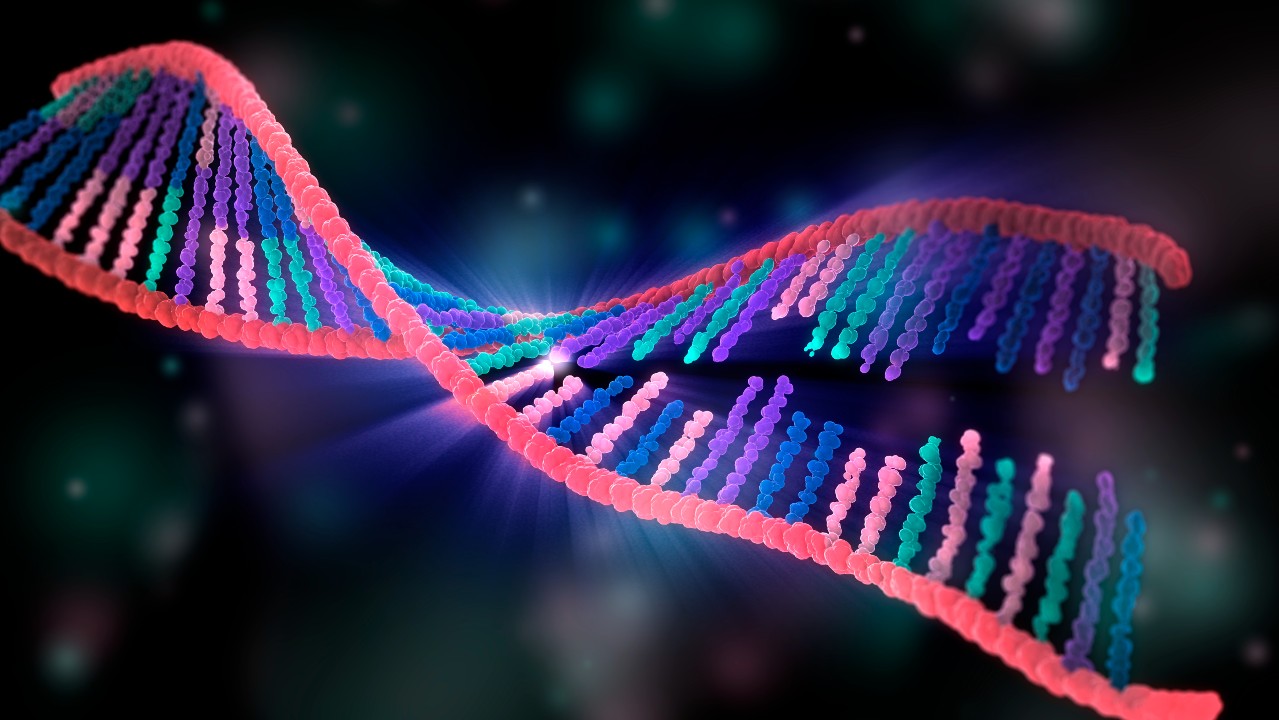
7 theories on the origin of life
By Charles Q. Choi, Scott Dutfield published
Reference From lightning to space rocks, here are ideas for how the first life on Earth came to be.
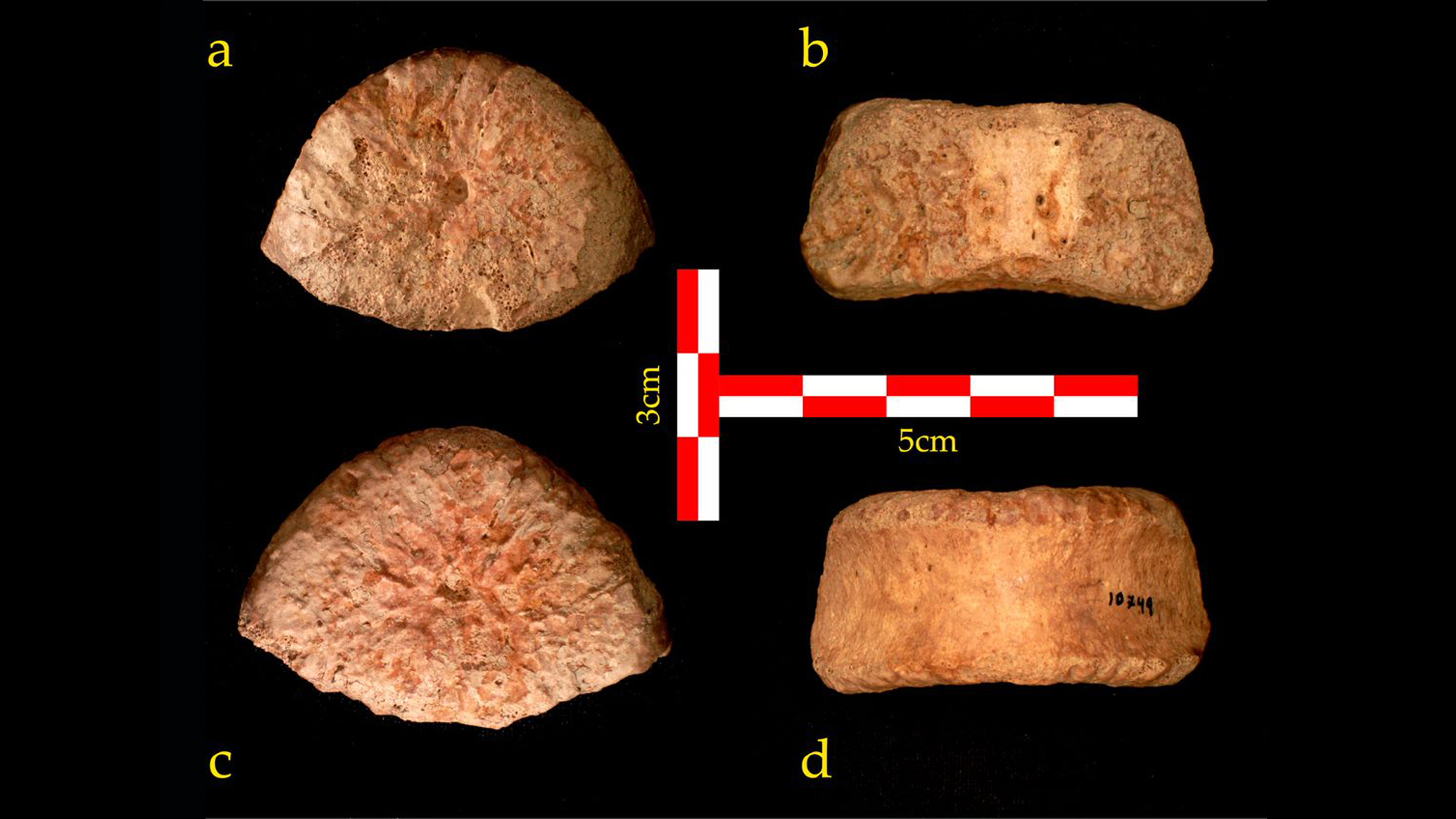
1.5 million-year-old fossil rewrites 'Out of Africa' theory
By Charles Q. Choi published
A new analysis of a 1.5 million-year-old human vertebra found in Israel suggests that ancient human relatives dispersed out of Africa in multiple waves.

Fusion experiment smashes record for generating energy, takes us a step closer to a new source of power
By Charles Q. Choi published
The Joint European Torus fusion experiment in the U.K. has set a new record for generating energy.
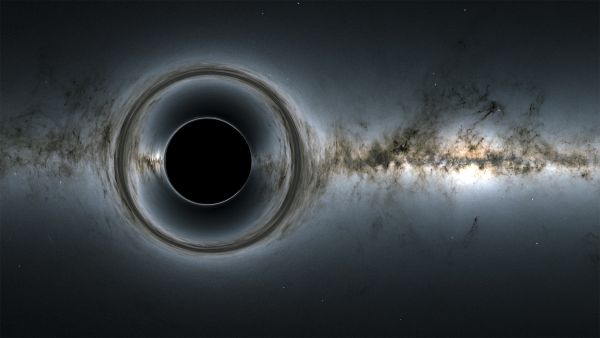
Rogue black hole spotted on its own for the first time
By Charles Q. Choi published
Astronomers may have for the first time detected and measured the mass of an isolated stellar-mass black hole, a new study finds.

Top 10 things that make humans special
By Laura Geggel published
Here are 10 things that make humans special when compared with the rest of the animal kingdom.

Infamous Mars meteorite contains organic molecules. But they aren't proof of life.
By Charles Q. Choi published
Organic molecules in a Mars meteorite that crash-landed on Earth are not signs of life, but instead formed in chemical reactions between water and rock.

Unknown human ancestor may have walked a bit like a bear on its hind legs
By Charles Q. Choi published
Ancient footprints reveal a mysterious relative of humans may have lived at the same time and in the same area as the famous human ancestor "Lucy" in Tanzania.
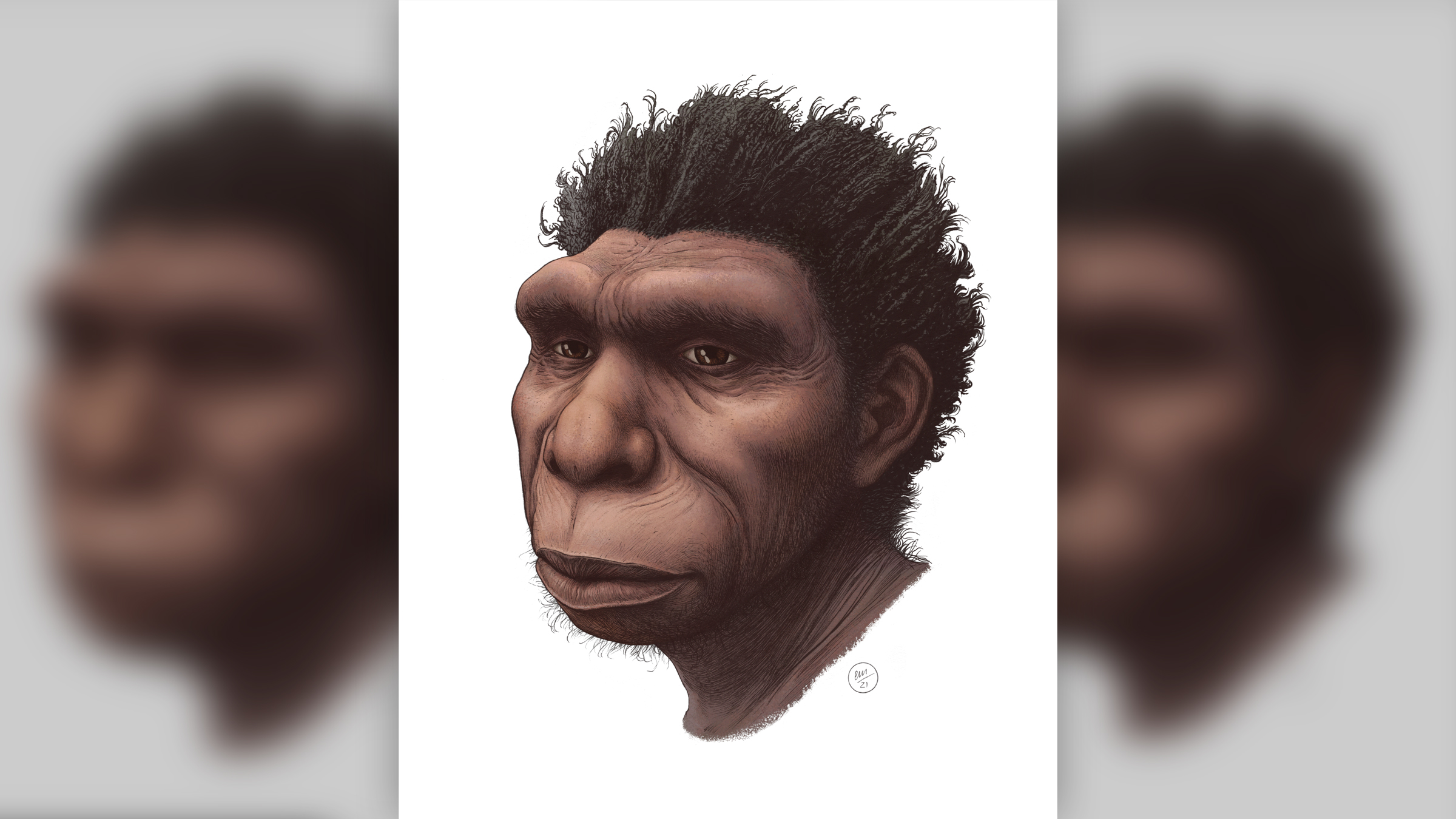
Newly named human species may be the direct ancestor of modern humans
By Charles Q. Choi published
Homo bodoensis is named after a 600,000-year-old skull found in Bodo D'ar, Ethiopia, in 1976.

Arabia was 'cornerstone' in early human migrations out of Africa, study suggests
By Charles Q. Choi published
The largest-ever study of Arab genomes has revealed the most ancient of all modern Middle Eastern populations and is shedding light on how modern humans may have first expanded across the globe.
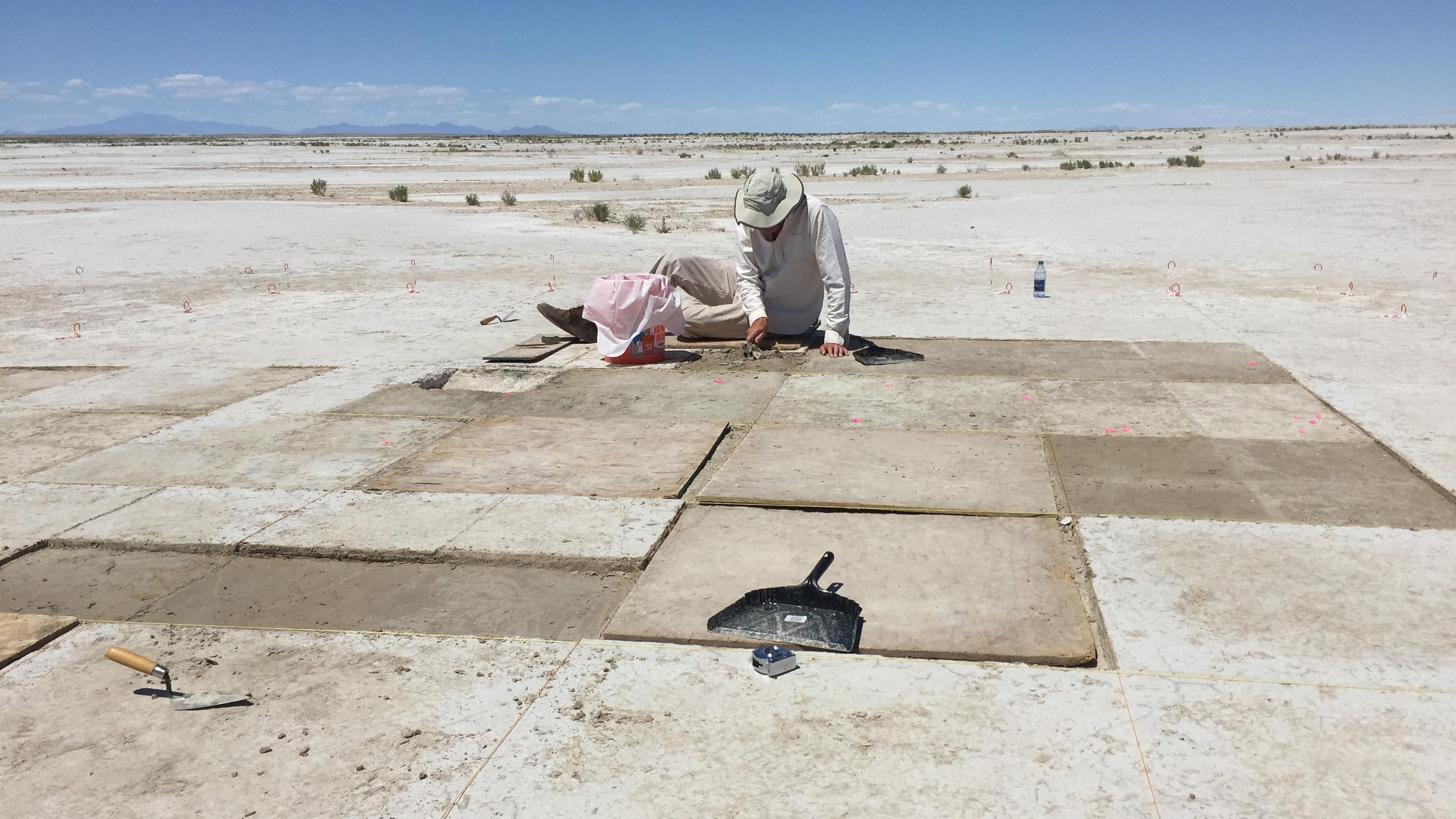
Oldest evidence of humans using tobacco discovered in Utah
By Charles Q. Choi published
Charred seeds found in the Utah desert represent the earliest-known human use of tobacco, nearly 10,000 years earlier than previously thought, researchers said.
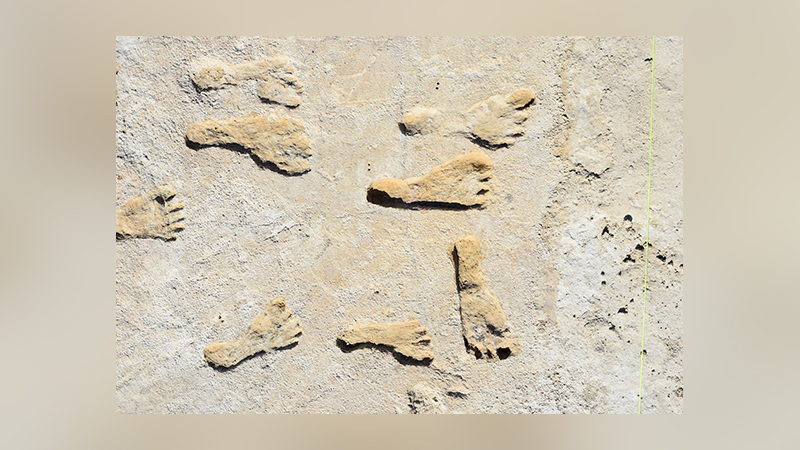
Fossilized footprints in New Mexico are earliest 'unequivocal evidence' of people in the Americas
By Charles Q. Choi published
Fossilized human footprints found in New Mexico reveal that people dwelled in the Americas during the last ice age's peak — conclusive proof of early migration to the New World.
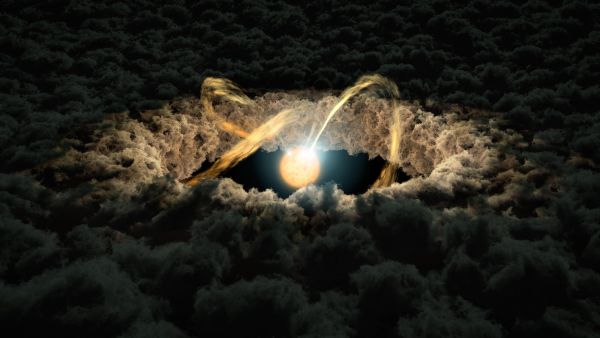
Dense 'hot spots' on a young star reveal what Earth's sun may have looked in its infancy
By Charles Q. Choi published
Astronomers may have captured the best view yet of matter colliding with the surface of a young star, findings that may shed light on what the sun looked like in its youth.
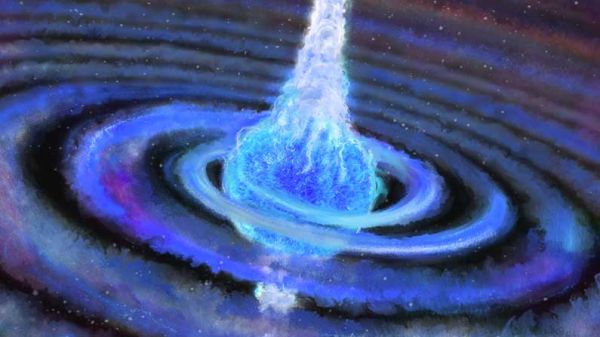
Dead stars crashing into live stars may trigger a new type of supernova
By Charles Q. Choi published
Astronomers have uncovered evidence of explosions triggered by dead stars ramming into live stars, possible proof of a new type of supernova, a new study finds.
Sign up for the Live Science daily newsletter now
Get the world’s most fascinating discoveries delivered straight to your inbox.
